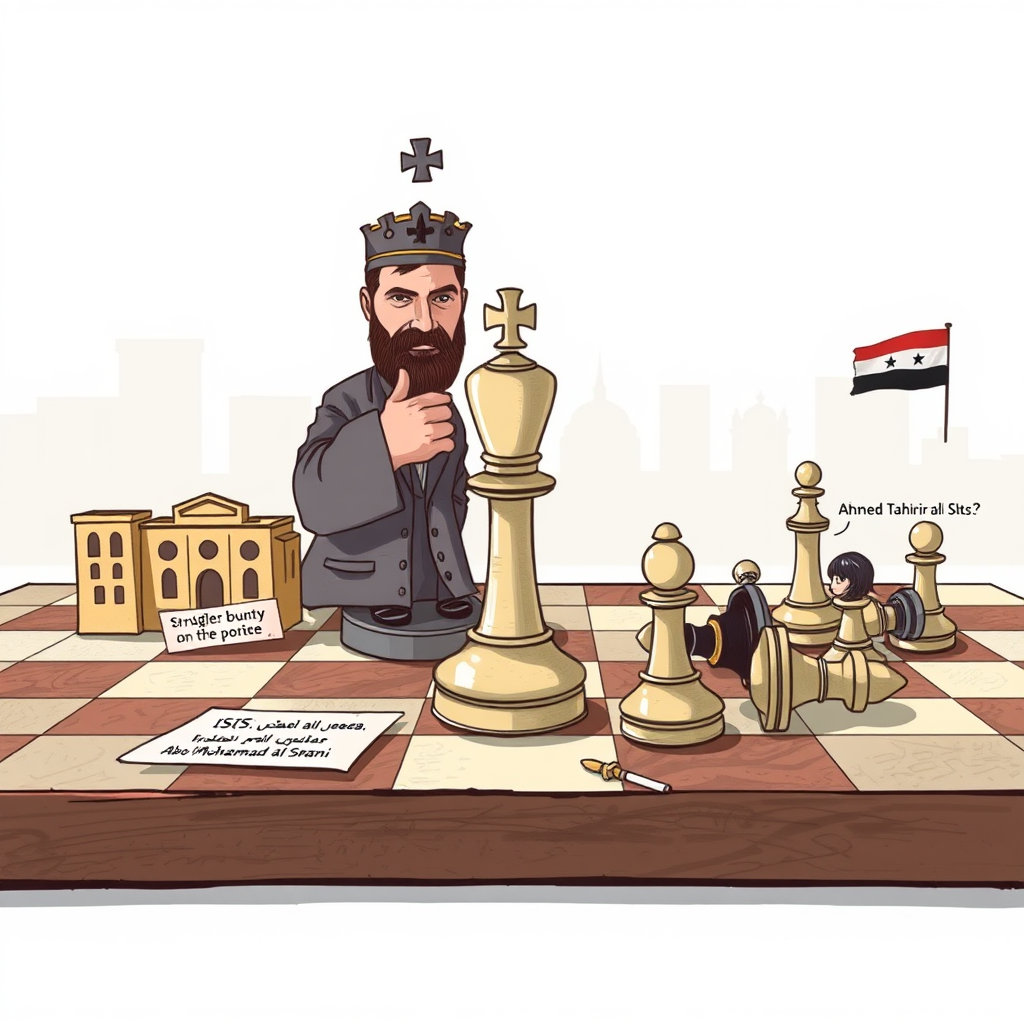Trump’s Syria Gamble Risks Major Backfire

President Trump’s recent decision to ease sanctions on Syria is a calculated gamble fraught with potential consequences, according to a CNN analysis by Stephen Collinson. While the move demonstrates a willingness to engage directly in reshaping Middle Eastern policy – a substance often lacking in recent administrations – it simultaneously invites significant risk, particularly given the complex and volatile history of the region.
The impetus for lifting sanctions appears to stem from pressure exerted by Saudi Arabia and Qatar, both keen to prevent further destabilization within Syria and limit the re-emergence of competing foreign powers like Iran, Russia, Turkey, and Israel. However, this alignment of interests doesn’t negate the inherent dangers. The central figure in this new approach is Ahmed al-Sharaa, also known as Abu Mohammad al-Jolani, whom the administration views as a potential stabilizing force. This reliance on al-Sharaa is particularly concerning given his documented history as a terrorist leader.
Previously the head of Hayat Tahrir al-Sham (HTS), al-Sharaa was designated with a $10 million bounty by the U.S. in 2017 and has been accused by the State Department of orchestrating numerous terrorist attacks. His past affiliations with both ISIS and al-Qaeda further complicate matters. Despite these red flags, President Trump has publicly praised al-Sharaa, describing him as a “great young attractive guy” and a “fighter,” seemingly captivated by a pattern of favoring strongmen in the region.
Collinson’s analysis suggests the administration is preemptively preparing for potential fallout, laying the groundwork to deflect blame should the decision backfire. The Saudi Crown Prince Mohammed bin Salman is likely to bear the brunt of any criticism, given his advocacy for both Syria and al-Sharaa. This strategy, while politically expedient, doesn’t address the fundamental risks involved.
The situation is further complicated by existing sanctions enshrined in law that Trump cannot unilaterally remove, meaning Congress will demand assurances regarding the complete eradication of ISIS before fully lifting restrictions. This creates a potential legislative hurdle and underscores the lack of broad consensus on the policy.
Ultimately, the administration’s gamble on al-Sharaa feels reminiscent of past U.S. interventions in the Middle East, where support for authoritarian leaders yielded disastrous consequences. As Collinson points out, the Iraq War serves as a stark reminder of the human cost of such miscalculations. While a willingness to challenge conventional wisdom is commendable, this particular gamble appears to prioritize short-term political gains over long-term stability and risks repeating the mistakes of the past. The potential for renewed instability and the empowerment of a former terrorist leader are significant concerns that warrant far greater scrutiny.